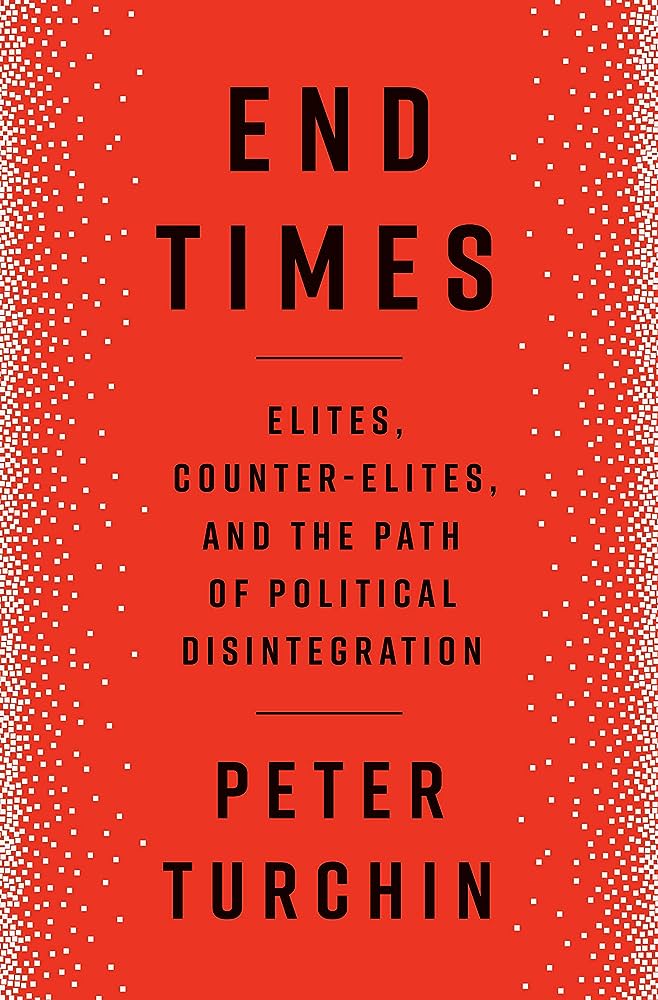On its surface, having more wealthy people doesn’t sound like such a bad thing. But at whose expense did elites’ wealth swell in recent years?
Starting in the 1970s, although the overall economy continued to grow, the share of that growth going to average workers began to shrink, and real wages leveled off. (It’s no coincidence that Americans’ average height—a useful proxy for well-being, economic and otherwise—stopped increasing around then too, even as average heights in much of Europe continued climbing.) By 2010, the relative wage (wage divided by GDP per capita) of an unskilled worker had nearly halved compared with mid-century. For the 64 percent of Americans who didn’t have a four-year college degree, real wages shrank in the 40 years before 2016.
As wages diminished, the costs of owning a home and going to college soared. To afford an average house, a worker earning the median wage in 2016 had to log 40 percent more hours than she would have in 1976. And parents without a college degree had to work four times longer to pay for their children’s college.
Even college-educated Americans aren’t doing well across the board. They made out well in the 1950s, when fewer than 15 percent of 18-to-24-year-olds went to college, but not today, when more than 60 percent of high-school grads immediately enroll. To get ahead of the competition, more college graduates have sought out advanced degrees. From 1955 to 1975, the number of students enrolled in law school tripled, and from 1960 to 1970, the number of doctorate degrees granted at U.S. universities more than tripled. This was manageable in the post–World War II period, when the number of professions requiring advanced degrees shot up. But when the demand eventually subsided, the supply didn’t. By the 2000s, degree holders greatly outnumbered the positions available to them. The imbalance is most acute in the social sciences and humanities, but the U.S. hugely overproduces degrees even in STEM fields.
This is part of a broader trend. Compared with 50 years ago, far more Americans today have either the financial means or the academic credentials to pursue positions of power, especially in politics. But the number of those positions hasn’t increased, which has led to fierce competition.
Competition is healthy for society, in moderation. But the competition we are witnessing among America’s elites has been anything but moderate. It has created very few winners and masses of resentful losers. It has brought out the dark side of meritocracy, encouraging rule-breaking instead of hard work.
